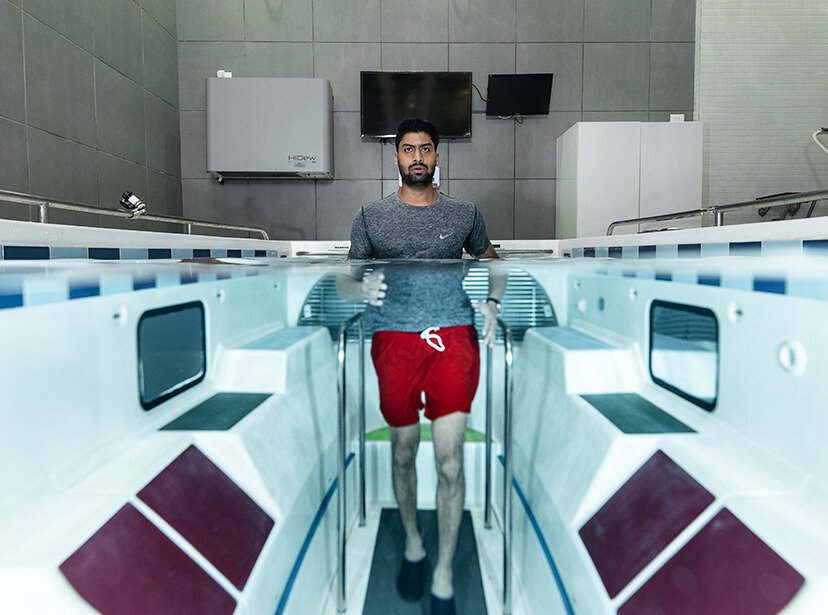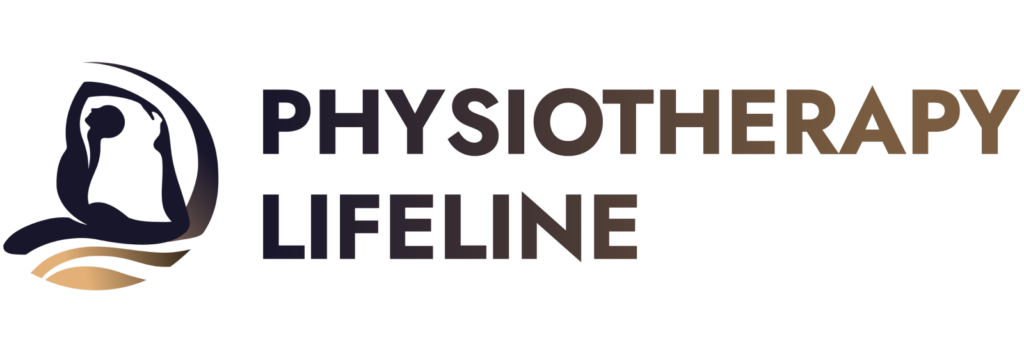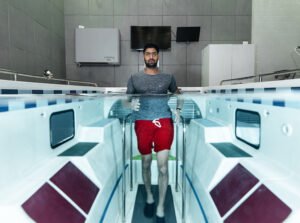Aqua Physiotherapy

Aqua physiotherapy is also known as hydrotherapy or aquatic therapy. It is a specialized form of physical therapy performed in a pool or other aquatic environment. This therapeutic approach leverages the unique properties of water to provide effective treatment for a variety of conditions. Let’s look into the benefits, techniques, and applications of aqua physiotherapy.
Benefits of Aqua Physiotherapy
Buoyancy:
- Reduced Weight Bearing: The buoyancy of water reduces the weight-bearing stress on joints and muscles, making movements easier and less painful. This is particularly beneficial for individuals with arthritis, obesity, or lower limb injuries.
- Improved Mobility: Reduced gravity allows for greater range of motion and flexibility, enhancing overall mobility.
Resistance:
- Strength Building: Water provides natural resistance that helps in strengthening muscles without the need for weights. This resistance can be adjusted by changing the speed of movements.
- Balanced Resistance: The multidirectional resistance of water ensures a balanced workout, targeting multiple muscle groups simultaneously.
Hydrostatic Pressure:
- Improved Circulation: The pressure exerted by water helps improve blood circulation and reduce swelling, benefiting conditions like edema and lymphedema.
- Enhanced Stability: Hydrostatic pressure also provides support and stability, helping individuals maintain balance during exercises.
Temperature:
- Pain Relief: Warm water can help relax muscles, reduce spasms, and alleviate pain.
- Therapeutic Effects: Different water temperatures can be used to achieve various therapeutic effects, such as reducing inflammation or stimulating blood flow.
Techniques in Aqua therapy
Aquatic Exercises:
- Range of Motion Exercises: Gentle movements to increase flexibility and joint mobility.
- Strength Training: Utilizing water resistance to strengthen muscles through exercises like leg lifts, arm curls, and squats.
- Cardiovascular Workouts: Activities such as water walking, jogging, and swimming to improve cardiovascular health.
Aquatic Equipment:
- Flotation Devices: Noodles, kickboards, and buoyancy belts help support and stabilize patients during exercises.
- Resistance Tools: Water dumbbells, paddles, and resistance bands enhance strength training by increasing water resistance.
Manual Therapy:
- Hands-On Techniques: Therapists use their hands to mobilize joints, stretch muscles, and perform soft tissue massage in the water.
- Facilitated Movement: Therapists assist patients in performing specific movements to improve function and reduce pain.
Applications of Aqua Physiotherapy
Orthopedic Conditions:
- Post-Surgery Rehabilitation: Aqua physiotherapy is ideal for post-operative recovery, particularly after joint replacements or ligament repairs, as it allows for early movement without putting stress on the healing structures.
- Injury Recovery: It helps in the rehabilitation of fractures, sprains, and muscle strains by promoting gentle movement and reducing pain.
Neurological Conditions:
- Stroke Rehabilitation: Water-based exercises can improve balance, coordination, and muscle strength in stroke survivors.
- Multiple Sclerosis: The buoyancy and resistance of water help in managing symptoms like muscle weakness, spasticity, and fatigue.
Chronic Pain Management:
- Arthritis: Warm water exercises reduce joint stiffness and pain, enhancing overall function.
- Fibromyalgia: The soothing properties of water can alleviate widespread pain and improve physical function.
Pediatric Therapy:
- Developmental Delays: Aqua physiotherapy can aid in improving motor skills, coordination, and muscle strength in children with developmental delays.
- Cerebral Palsy: Water-based exercises can enhance mobility and reduce muscle stiffness in children with cerebral palsy.
Sports Rehabilitation:
- Injury Prevention: Regular aquatic exercises can help athletes maintain fitness and prevent injuries by reducing the stress on muscles and joints.
- Performance Enhancement: Aqua physiotherapy can improve strength, flexibility, and endurance, contributing to better athletic performance.
Aqua physiotherapy offers a unique and effective approach to rehabilitation and pain management by harnessing the therapeutic properties of water. Whether you’re recovering from an injury, managing a chronic condition, or looking to improve your overall physical function, aqua physiotherapy can provide significant benefits. Consult Physiotherapy LifeLine to get assistance and treatment.
Have Any Question?
- +91 96721 79398
- support@domain.com




